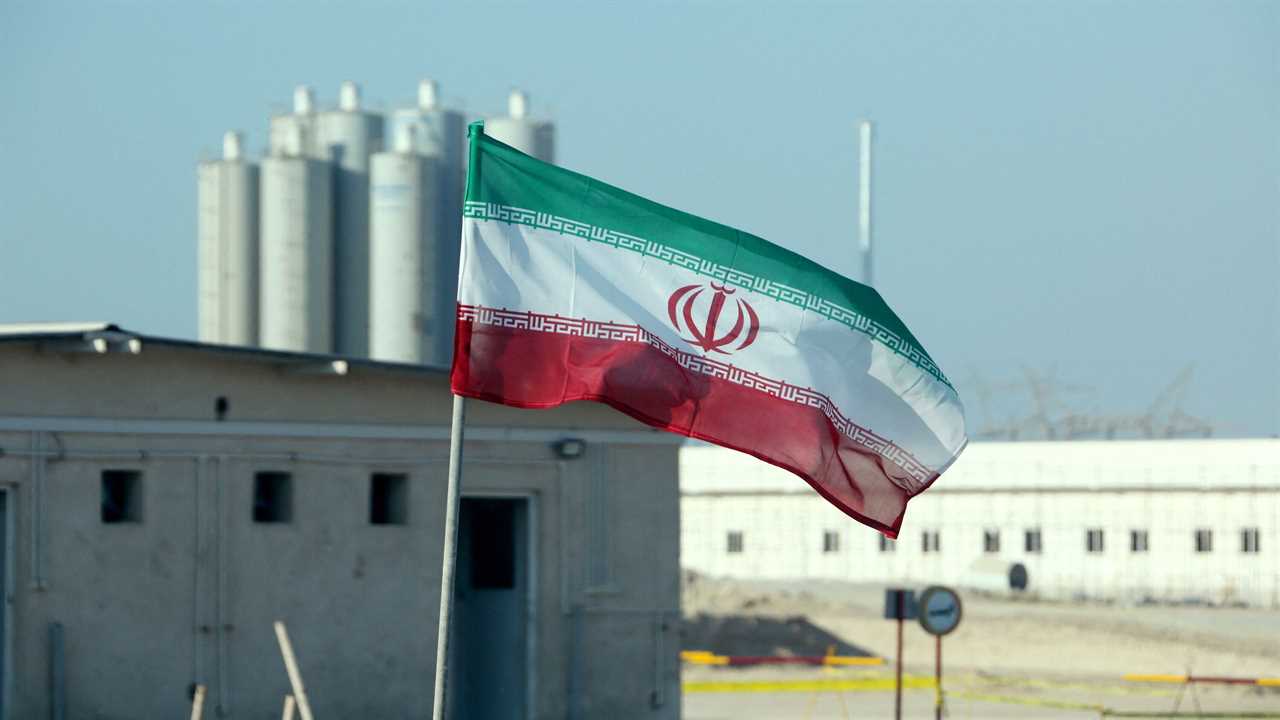
WASHINGTON — Long-running differences over how to deal with Iran’s nuclear program have erupted into new tensions between the Biden administration and Israel, with two senior Israeli officials leaving Washington this week concerned that the Americans’ commitment to restoring the 2015 nuclear deal will lead to a flawed agreement allowing Tehran to speed ahead with its nuclear enrichment program. The strains were evident all week, as the Biden administration sought to bring the alliance with Israel into a united front about how to deal with Iran over the next year. In an effort to close the gap, American officials let out word this week that two months ago, Mr. Biden asked his national security adviser, Jake Sullivan, to review the Pentagon’s revised plan to take military action if the diplomatic effort collapsed. Administration officials also outlined new efforts to tighten, rather than loosen, sanctions on Iran. Mr. Biden’s focus on military options and sanctions was an effort to signal to Tehran that the United States was running out of patience with Iranian foot-dragging in the nuclear negotiations in Vienna, administration officials said. Secretary of State Antony J. Blinken said last week that the new Iranian government “does not seem to be serious about doing what’s necessary to return to compliance” with the 2015 nuclear deal. But the tougher line was also aimed at calming increasingly frustrated Israeli officials. Though they will not criticize the American president in public the way former Prime Minister Benjamin Netanyahu did during the Obama administration, Israeli officials in private argue that the Iranians are advancing their nuclear program while betting that the United States, eager to diminish American commitments in the Middle East, will not abandon the Vienna talks for more forceful action. This article is based on discussions with more than a dozen American and Israeli officials who spoke on the condition they be granted anonymity to discuss both sensitive matters of diplomacy and classified intelligence assessments. After a tense phone call with Mr. Blinken 10 days ago, the Israeli prime minister, Naftali Bennett, dispatched his defense minister, Benny Gantz, and the new head of the Mossad, David Barnea, to Washington this week armed with new intelligence about Iranians’ uranium enrichment and the work of what Israel says is their weapons group. Despite the tougher American talk, Israeli officials left worried that the diplomatic outreach to Iran would continue. The disagreement over Iran is just one of several issues troubling the Biden-Bennett relationship. The pair started off on a strong footing: Mr. Biden spoke with Mr. Bennett within hours after the Israeli leader took office in June — a signal of support given that Mr. Biden had taken weeks after his inauguration to speak directly with Mr. Bennett’s predecessor, Mr. Netanyahu.But the two governments have since clashed on whether the U.S. should reopen the American consulate to the Palestinians in Jerusalem, which was closed by President Donald J. Trump. Mr. Bennett says such a move would undermine Israel’s sovereignty in its capital city.There are also disagreements over Israeli plans to expand its settlements in the occupied West Bank, and over the Biden administration’s decision to blacklist two Israeli spyware firms, NSO Group and Candiru, whose products, the U.S. alleges, have been used by authoritarian governments to hack the phones of dissidents and rights activists. But at the heart of the tensions between Israel and the United States is the fundamental disagreement over how to stop the Iranian program. It is not a new argument: The two allies fought bitterly over the 2015 agreement, which Israel opposed and President Barack Obama signed. More recently, they have disagreed about the wisdom of Israeli sabotage of Iranian facilities, which Mr. Bennett’s government believes has set back the program, and which some in the United States argue only encourages the Iranians to build back the nuclear enrichment facilities with more efficient, up-to-date equipment. ImagePrime Minister Naftali Bennett of Israel has warned of the dangers of a nuclear Iran and is concerned that the U.S. will reach a deal with Tehran that the Israelis do not like.Credit...Pool photo by Gil Cohen-MagenIsraeli officials had been happy with the warm welcome the White House offered Mr. Bennett. The Biden administration had praised his government for being far more transparent with it than Mr. Netanyahu had been. Indeed, the Israelis consulted with the Americans before launching two covert strikes against Iran, one in September against a missile base and one in June against an Iranian factory building nuclear centrifuges, according to people briefed on the actions. ButBy: Julian E. Barnes, Ronen Bergman and David E. Sanger
Title: Iran’s Nuclear Program Ignites New Tension Between U.S. and Israel
Sourced From: www.nytimes.com/2021/12/10/us/politics/iran-nuclear-us-israel-biden-bennett.html
Published Date: Sat, 11 Dec 2021 00:44:46 +0000
Read More
 UK PoliticsWorld PoliticsVideosPrivacy PolicyTerms And Conditions
UK PoliticsWorld PoliticsVideosPrivacy PolicyTerms And Conditions
